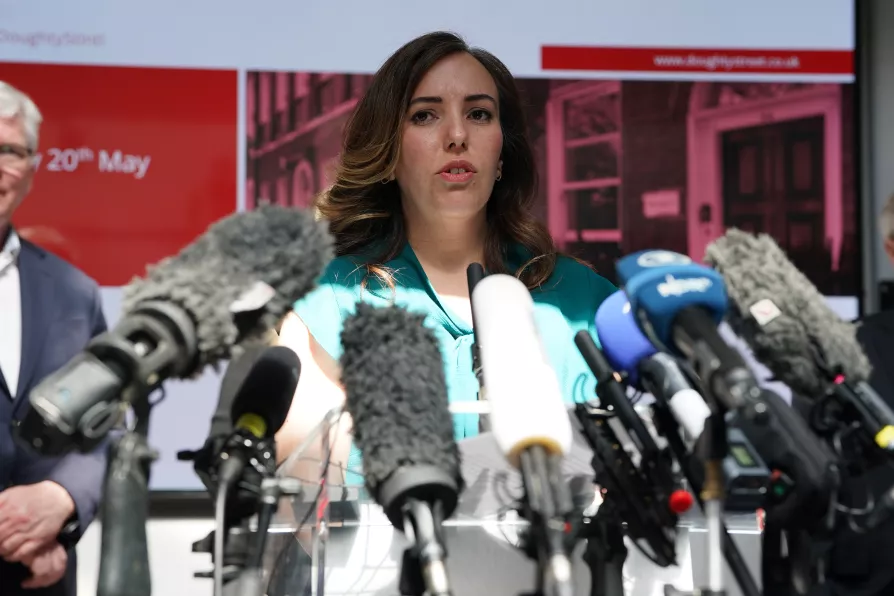Assange wins appeal against extradition ruling

 Stella Assange, the wife of Julian Assange, speaks during a press conference in London, after he won a bid at the High Court to bring an appeal against his extradition to the United States, May 20, 2024
Stella Assange, the wife of Julian Assange, speaks during a press conference in London, after he won a bid at the High Court to bring an appeal against his extradition to the United States, May 20, 2024
JULIAN ASSANGE can appeal against the decision to grant his extradition to the United States, the High Court ruled today.
The WikiLeaks founder faces 18 charges in the US relating to the leaking and publication of the Iraq and Afghan war logs in 2010.
During a two-day hearing in February, lawyers for the 52-year-old asked for permission to challenge a previous judge’s dismissal of his case against extradition.
Similar stories

Campaign group’s legal challenge against decision to approve proposals dismissed

In a legal system that is increasingly removing judicial discretion, the fundamental question remains whether justice requires a compassionate heart or a dispassionate application of Parliament’s will, writes ANSELM ELDERGILL












